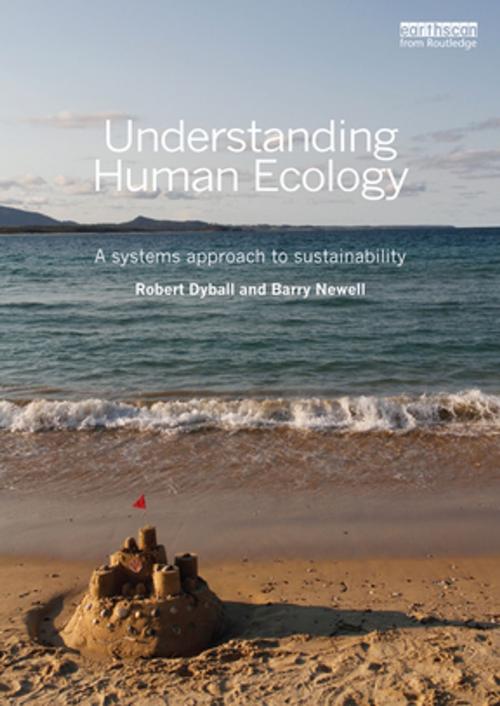Understanding Human Ecology
A systems approach to sustainability
Nonfiction, Science & Nature, Nature, Environment, Ecology| Author: | Robert Dyball, Barry Newell | ISBN: | 9781136271083 |
| Publisher: | Taylor and Francis | Publication: | November 11, 2014 |
| Imprint: | Routledge | Language: | English |
| Author: | Robert Dyball, Barry Newell |
| ISBN: | 9781136271083 |
| Publisher: | Taylor and Francis |
| Publication: | November 11, 2014 |
| Imprint: | Routledge |
| Language: | English |
We are facing hugely complex challenges – from climate change to world poverty, our problems are part of an inter-related web of social and natural systems. Human ecology promises an approach to these complex challenges, a way to understand these problems holistically and to start to manage them more effectively.
This book offers a coherent conceptual framework for Human Ecology – a clear approach for understanding the many systems we are part of and for how we frame and understand the problems we face. Blending natural, social and cognitive sciences with dynamical systems theory, the authors offer systems approaches that are accessible to all, from the undergraduate student to policy-makers and practitioners across government, business and community.
Road-tested and refined over a decade of teaching and workshops, the authors have built a clear, inspiring and important framework for anyone approaching the management of complex problems and the transition to sustainability.
We are facing hugely complex challenges – from climate change to world poverty, our problems are part of an inter-related web of social and natural systems. Human ecology promises an approach to these complex challenges, a way to understand these problems holistically and to start to manage them more effectively.
This book offers a coherent conceptual framework for Human Ecology – a clear approach for understanding the many systems we are part of and for how we frame and understand the problems we face. Blending natural, social and cognitive sciences with dynamical systems theory, the authors offer systems approaches that are accessible to all, from the undergraduate student to policy-makers and practitioners across government, business and community.
Road-tested and refined over a decade of teaching and workshops, the authors have built a clear, inspiring and important framework for anyone approaching the management of complex problems and the transition to sustainability.















